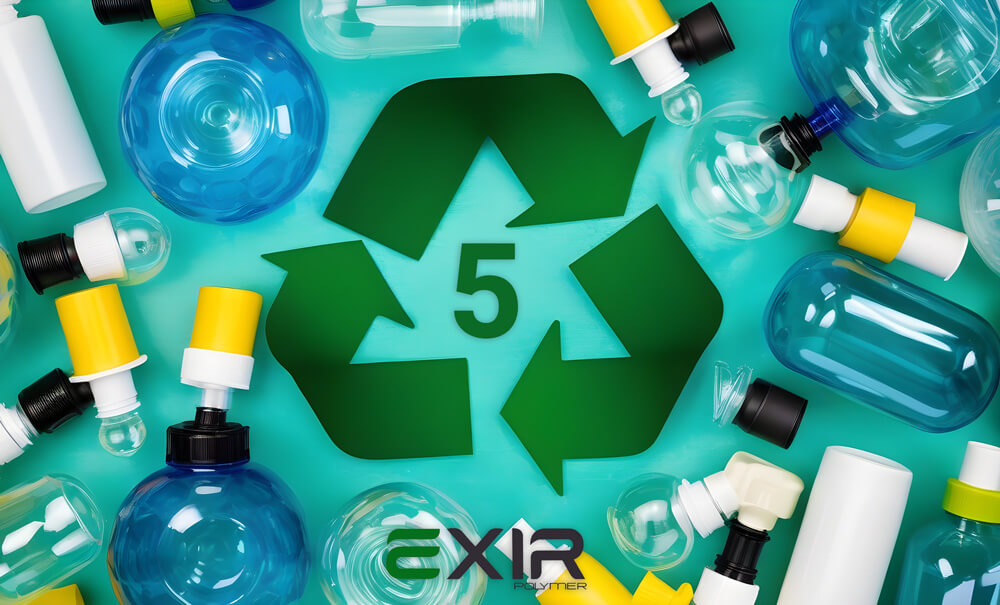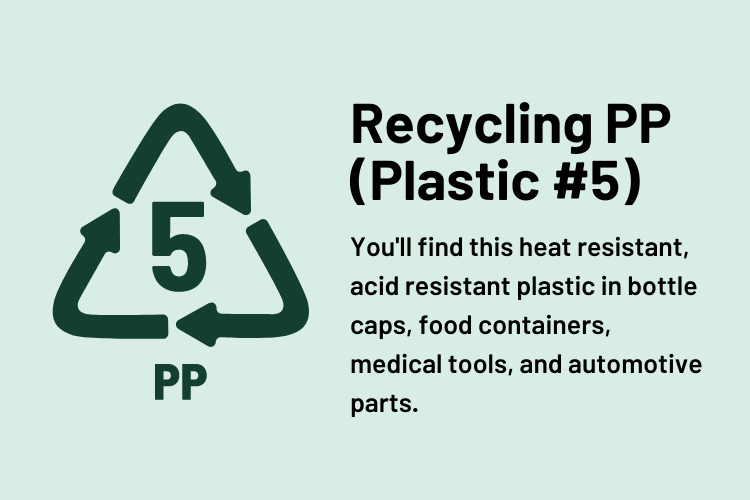Turning Waste into Resource: The Power of PP Recycling
Turning Waste into Resource: The Power of PP Recycling
Blog Article
As sustainability becomes an integral emphasis global, the highlight is on how industries may minimize environmental impacts. Polypropylene (PP), one of the most frequently applied materials, has acquired substantial attention because of its potential in the circular economy. With growing problems about plastic spend, PP recycle options are emerging as a encouraging avenue for achieving sustainability objectives and reducing environmental footprints.

Polypropylene is trusted across various industries, from appearance to automotive areas, because of its flexibility, strength, and cost-effectiveness. But, the persistence of PP in landfills and oceans poses an important environmental challenge. Fortunately, improvements in recycling technologies are giving new possibilities to recycle PP more efficiently and effectively.
One of the very most substantial developments in PP recycling is the upsurge in mechanical recycling processes. Mechanical recycling involves wearing down plastic waste in to little contaminants, which can then be reprocessed into new products. This approach provides a more energy-efficient option compared to standard plastic production. PP may be recycled multiple occasions, lowering the need for virgin substance extraction and minimizing the entire carbon footprint.
In addition to physical recycling, compound recycling systems are developing traction. Substance recycling involves wearing down parts within their bottom chemicals, which may be reused to create new plastic products. This technique enables the recycling of contaminated or combined plastic waste that will usually be non-recyclable through conventional methods. As compound recycling systems increase, they might revolutionize the way in which PP is prepared and recycled, rendering it an integral participant in the future of plastic spend management.
The increasing give attention to PP recycling is also driving inventions in solution design. Companies are establishing PP products and services which are more straightforward to recycle by using monomaterial packaging, reducing harmful additives, and selling designs that facilitate the recycling process. Effort across industries is imperative to ensuring that PP items are recyclable from the start and can be effortlessly refined by the end of these life cycle.
More over, consumer recognition and behavior enjoy a significant position in the success of PP recycling. With rising need for sustainable services and products, more individuals and companies are getting steps to ensure that PP waste is discarded correctly. Knowledge campaigns and motivation applications may inspire greater recycling techniques and support close the loop on PP waste.

Looking forward, PP recycling alternatives are poised to be at the front of sustainable spend management. As systems advance and industries embrace more rounded techniques, PP may remain a valuable resource, driving equally environmental and economic benefits. The future of sustainability hinges on innovations in recycling, and PP recycling options can undoubtedly play a essential position in surrounding this future. Report this page